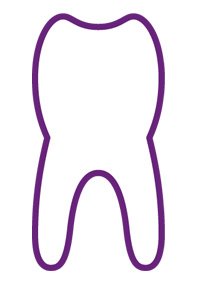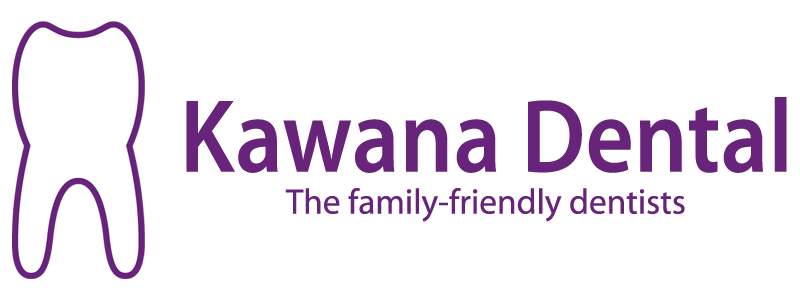Does your child breathe with his/her mouth open? Do they snore or grind their teeth at night?

Not everyone breathes properly.
Research indicates that the way you child breathes can have a great impact on his or her future health and physical appearance.
In normal breathing, air passes through the nose. But many children find nasal breathing difficult and must breathe through their mouths.
An open-mouth breathing posture tends to alter muscle function, which affects growth of the face and results in a long, narrow appearance. Mouth breathing means the tongue sits on the floor of the mouth, rather than on the palate (roof). This can cause a narrow upper arch, cross bites and crowding, which affects the bite as well as physical appearance.
Additionally, when a child breathes through their mouth, they circumvent Nature’s filter apparatus and place greater burden on the lower airways, because of the presence of minute impurities and undesirable allergens in the air. Consequently, mouth breathing has been associated with a greater incidence of respiratory problems.
Mouth-breathing is generally caused by one or more of three types of problems:
- Enlarged adenoids and tonsils;
- Underdeveloped nasal passages; and / or
- Nasal blockage caused by allergies, swollen tissue or other nasal obstructions such as polyps.
Research has given health professionals more effective methods of diagnosing and treating mouth breathing. We work closely with ear, nose and throat specialists (ENT’s) on the coast to help determine why your child may not be able to breathe well through their nose.
In appropriate cases, orthodontic treatment, for example, expansion treatment of the upper arch, may also be beneficial in improving nasal breathing, as well as addressing a narrow, crowded mouth.
Combining medical and orthodontic treatments, as described above, is a ‘multiplier’, improving the effectiveness of both, to the decided benefit of the patient.
So if your child breathes through his/her mouth regularly, it may well be worth investigating things further.


